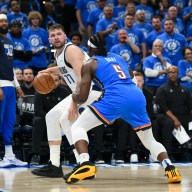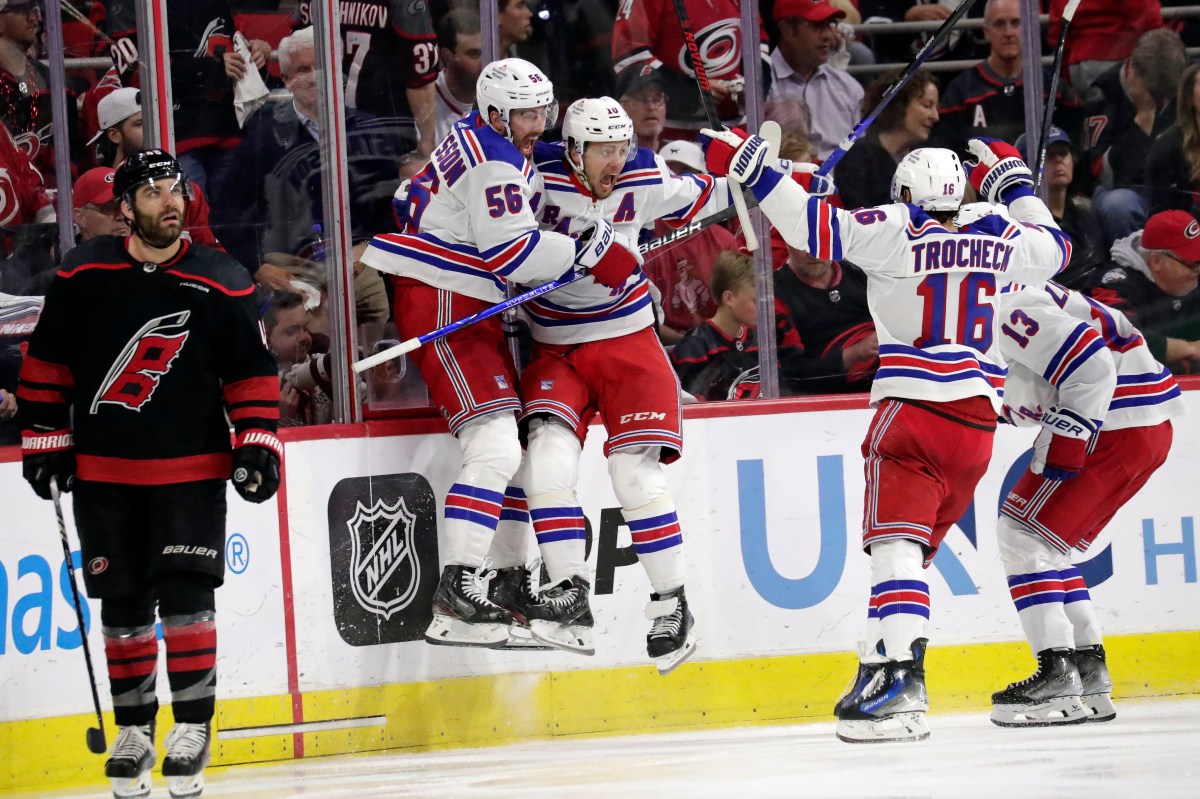It’s a story that the stick-it-to-the-man interwebs will always fall for: Indie rock band finally ditches major record label and strikes out on their own.
This month, power pop quartet OK Go — who achieved YouTube fame (more than 50 million views) with their now-classic Here It Goes Again treadmill routine — announced that they were leaving EMI to form their own label.
Frustrated by EMI’s “no-YouTube embed” policy, the band publicly protested (capped by lead singer Damian Kulash’s much-linked-to New York Times op-ed), fans’ inability to embed the band’s YouTube-hosted music videos on blogs and other web sites.
The announcement of course, comes at the success of the band’s latest viral hit, This Too Shall Pass.
It features an un-broken video of a Rube Goldberg machine that topples dominoes, swings sledgehammers and enacts other museum of science-worthy wonders.
It’s now embeddable, thanks to the video being sponsored by American insurance giant State Farm (did you catch the logo on that red toy truck at the video’s start?).
As YouTube becomes the web’s dominant video channelling service, you bet that majors have an active interest in ensuring that they keep their advertising share ($3 to $8 per 1,000 views, to be exact) on the pre-roll, text and overlay advertising on YouTube music videos.
When a music blog embeds a video however, those ad profits are lost.
But what might be even a greater loss is missing out on the interwebs’ short attention span.
When OK Go release the first label-approved version of This Too Shall Pass (featuring a stunt cameo by the Notre Dame marching band) the non-embed video only had 10,500 views in its first week. Compare that with the first week views for the Rube Goldberg version: Six million.
OK Go clearly lucked out, especially since YouTube themselves just announced their “Musicians Wanted” Partners Program, which will directly pay videos’ ad revenue to the indie acts (and yes, OK Go was announced as one of those partners).
As music evolves as a digital property, it goes without saying that the rules of the game have changed. Slick MTV-approved music videos now co-exists with quirky, low-fi YouTube single shots.
“It’s no longer discreet chunks of music,” said Kulash in an interview with online video business news blog NewTeeVee.
“It’s a cloud, everybody can access it, and it’s taken some people longer to get that than others.”
– Rea McNamara writes about the on/offline statuses of niches and subcultures. Follow her on Twitter @reeraw
















